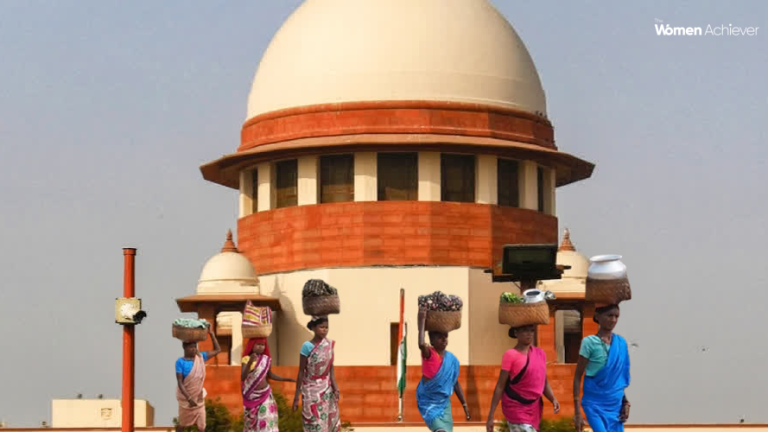Here’s on Tribal Women Get Equal Rights: Supreme Court’s Progressive Verdict on Ancestral Property
In a path-breaking and pioneering verdict, India’s top court ruled that tribal women had as much right as anyone else over land given in inheritance under the law, bringing an end to an age-old practice of cultural and legal ambiguity. The ruling is a landmark on India’s path towards gender equality and inclusion, more so among the marginalized communities.
What the Verdict Means
The question in the case at hand was whether and to what extent the provisions of the Hindu Succession Act, 1956, granting equal rights of inheritance to daughters can be applied to Scheduled Tribes. Though traditional law – most of which deprives women of their property rights – has largely dominated tribal law, the Supreme Court minced no words to the extent of declaring that the promise of equality under the constitution cannot be pre-empted by discriminatory customs.
The court reiterated Articles 14 (Right to Equality) and 21 (Right to Life and Dignity) of the Constitution should be milestones of justice judgments even in prehistoric tribal society. The bench also observed that denying women their right to their share of property enshrines gender-based ancient injustice and discrimination.
A Victory for Tribal Women Nationwide
The ruling is a beacon of hope for crores of tribal women in states such as Jharkhand, Odisha, Chhattisgarh, Madhya Pradesh, and Northeastern states where women’s rights to inheritance always went to men.
Social activists and attorneys hailed the judgment as a welcome remedial departure from patriarchal conventions that had no place in a contemporary constitutional democracy. It will be anticipated to economically empower women of the tribes and grant them decision rights on land, finance, and home.
Reaction & Impact
Legal Fraternity: Benvenuti alla sentenza come un nuovo impegno di India per la difesa degli ideali di eguaglianza.
Women’s Rights Associations: Has appreciated the judgement as a milestone judgement for economic empowerment and dignity of women members of tribal communities.
Tribal Communities: The judgement has thrown open the case for updating the traditional laws in accordance with the ideals of the constitution.
Principle is fine but practice is the future. The state governments will have to ensure that land and revenue records make this transition possible, and campaigns will have to be launched so that women of the tribal populations are made aware of their rights.
It is not just a legal win-its a social and ethical one, the judiciary’s promise of justice through the process of removal of institutionalized discrimination and women’s rightful place in India’s destiny.
Conclusion: The Supreme Court verdict conferring equal rights to tribal women on family property is not just a judicial milestone – it’s a giant leap forward towards the process of undoing centuries of gender disparities in India’s tribal society. Sustaining constitutional ideals above obscurantist tradition, the decision reaffirms the nation’s pledge to justice, dignity, and equality for all. For women in tribes, it is morning in a new dawn-one on which their voice, their right, and their identity are finally heard and honoured for the very first time ever.






Add comment